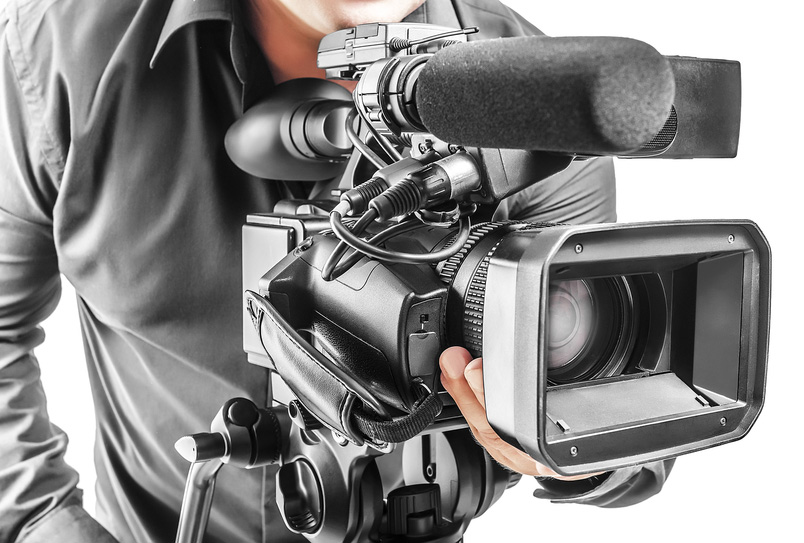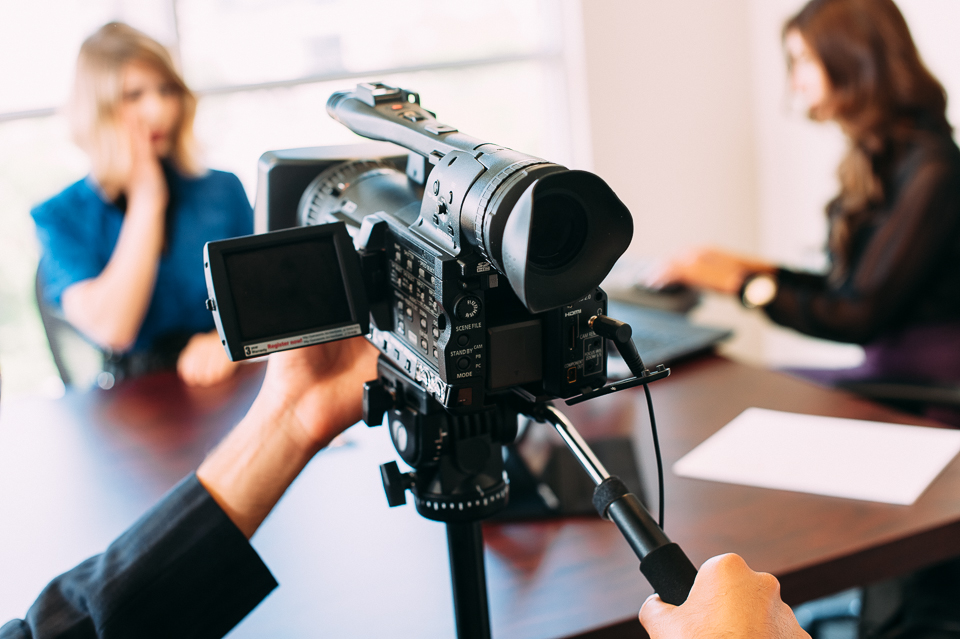The Function of Lawful Videography in Depositions and Tests
Legal videography has emerged as an important device in both depositions and tests, providing a multifaceted method to recording witness testimonies. By recording not only the spoken word however likewise the subtleties of non-verbal interaction, this tool boosts the trustworthiness of testimonies and preserves essential evidence for future process (legal videography). As legal specialists increasingly identify its worth, it motivates a deeper exam of exactly how these visual records can influence juror understandings and test results. What implications might these advancements hold for the future of legal practice?

Relevance of Legal Videography
Legal videography plays a pivotal duty in the documentation and discussion of depositions and trials. This customized area integrates technological skills with lawful understanding to produce a trusted document of proceedings that can significantly affect case results. The aesthetic aspect of legal videography improves the understanding of witness statement, enabling jurors and courts to observe not only the talked words but additionally the behavior, feelings, and body language of the witnesses.
Additionally, legal videography provides an unbiased account of events, decreasing the potential for misconception that can happen with created transcripts alone. This aesthetic paperwork offers as a critical device throughout test discussions, helping with a clearer and more influential story for both plaintiffs and offenders. The capability to replay video clip sectors during court proceedings allows lawful groups to emphasize key points, enhancing their debates efficiently.
The value of lawful videography prolongs past the court; it additionally plays an important function in maintaining evidence for future referral, whether for allures or additional lawful action. Because of this, its assimilation into the legal process is crucial for guaranteeing a reasonable and accurate depiction of the truths, eventually contributing to the quest of justice.

Refine of Legal Videography
While catching the subtleties of depositions and trials, the procedure of lawful videography entails several crucial steps that guarantee high-quality, accurate recordings. A specialist legal videographer prepares by evaluating the instance materials and recognizing the specific demands of the deposition or trial. This preparation includes familiarizing themselves with the participants and the context, which helps in catching essential information.
On the day of the recording, the videographer establishes the necessary tools, which typically consists of high-definition video cameras, microphones, and proper lighting. Making sure optimum angles and sound high quality is vital, as it straight affects the performance of the recording. The videographer interacts with lawyers and individuals to establish protocols, ensuring that everyone understands the recording procedure.
During the deposition or trial, the videographer meticulously videotapes the process, paying attention to both verbal and non-verbal hints. This includes capturing the behavior and reactions of witnesses and lawyers. After the session concludes, the videographer may edit the footage for quality and conformity with legal criteria, producing a last item that accurately reflects the procedures for future recommendation and use in lawful contexts.
Advantages in Depositions
The consolidation of videography in depositions supplies many advantages that improve the overall process of gathering evidence. One primary advantage is the capability to record witness statements with aesthetic and auditory fidelity, supplying an extra precise representation of the witness's attitude, tone, and body language. This multidimensional strategy enables lawyers and juries to assess reliability better than traditional written transcripts alone.
Furthermore, videographed depositions function as a powerful tool for maintaining statement. Must a witness come to be inaccessible for test, their taped deposition can be played in court, making certain that their evidence stays accessible and relevant. This element substantially minimizes the risk of shedding critical info that can impact instance results.

Lastly, videography enhances the overall professionalism and reliability of the deposition procedure, instilling self-confidence in clients concerning the thoroughness of their legal representation (legal videography). By leveraging modern technology, lawyers can significantly enhance the efficiency of depositions
Influence on Tests
In many trials, the combination of videography can substantially influence the discussion of evidence and the jury's perception. Legal videography catches witness testimonies and important proof in a dynamic format, permitting jurors to engage with the material on numerous degrees. This aesthetic component boosts the storytelling element of a trial, providing context and psychological resonance that traditional text-based evidence might lack.
In like this addition, video clip recordings can act as effective devices for impeachment during cross-examination. When discrepancies occur in between a witness's previous statements and their courtroom testament, video proof supplies an unbiased referral that can persuade jurors' opinions. This immediacy and quality can strengthen the reliability of a party's narrative while simultaneously threatening opposing arguments.

Future Trends in Legal Videography
As we look toward the future of legal videography, a number of emerging patterns guarantee to improve its function within the court room. One significant pattern is the assimilation of expert system (AI) in video analysis and modifying. AI can improve the procedure of identifying crucial minutes in recorded depositions, permitting lawyers to rapidly legal videography access relevant content, thereby enhancing effectiveness in situation prep work.
Furthermore, the rise of virtual reality (VR) and enhanced reality (AR) innovations is expected to change how jurors experience evidence. legal videography. By immersing jurors in a substitute environment, these innovations can provide a more profound understanding of intricate situations, bring about even more educated considerations
Furthermore, the increasing demand for remote depositions, sped up by the COVID-19 pandemic, will likely proceed. Lawful videographers will need to adjust to brand-new software program and platforms to make certain high-quality recordings in online setups.
Last but not least, the other growing focus on data security will require more stringent procedures for saving and sharing video clip evidence. As the legal landscape advances, lawful videographers should stay abreast of these fads to preserve their significance and effectiveness in the judicial procedure.
Verdict
In recap, legal videography serves an important function in the judicial process, boosting the stability of depositions and trials. As innovation proceeds to develop, legal videography is poised to further transform its role within the legal landscape.